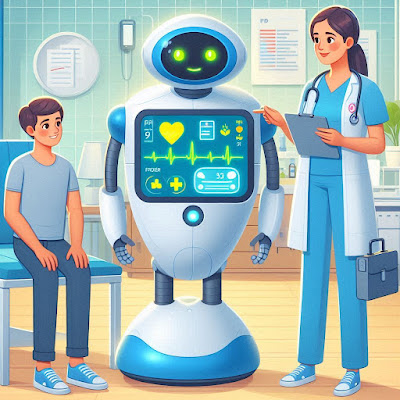Introduction: Unraveling the Complexity of Chronic Diseases
Chronic diseases, such as heart disease, diabetes, cancer, and respiratory conditions, pose significant challenges to global public health. These conditions, characterized by their long duration and often slow progression, contribute to a substantial burden of morbidity, mortality, and healthcare costs worldwide. In this comprehensive blog post, we will delve into the epidemiology of chronic diseases, exploring their prevalence, risk factors, patterns of occurrence, and the implications for prevention and management strategies.
 |
| Epidemiology of Chronic Diseases |
Defining Chronic Diseases: A Growing Global Concern
Chronic diseases encompass a diverse array of conditions that persist over time, affecting individuals of all ages and socioeconomic backgrounds. These conditions include:














